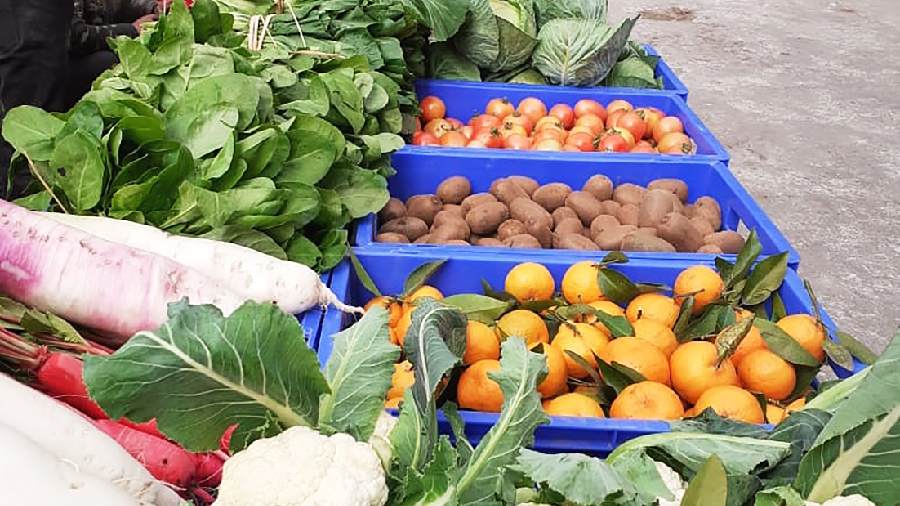Retail inflation spiked to a three-month high of 6.52 per cent in January, riding on higher food prices even as it breached the 6 per cent upper tolerance level of the RBI and vindicated the hawkish stand taken by the central bank last week.
Economists said the likelihood of more rate hikes, which had diminished after two previous inflation prints of below 6 per cent, have now increased as the latest figure confirms the RBI’s fear on prices. The inflation rate based on the consumer price index (CPI) stood at 5.72 per cent in December and 6.01 per cent in January.
Food inflation, which accounts for nearly 40 per cent of the consumer price index basket, rose to 5.94 per cent in January from 4.19 per cent in December, according to data released by the National Statistical Office (NSO).
While the prices of vegetable declined in January, most of the other items, including fuel and light became dearer.
Core inflation in January was nearly flat at 6.09 per cent to 6.1 per cent from last month, according to economists.
“When seen against the weak and uneven consumer demand, the stickiness in core inflation is a more a supply side issue. The pricing power exercised by the manufacturing sector has been a major reason for stickiness in core inflation. However, with the softening of global commodity prices and normalisation of supply chain hopefully the pricing power exercised by the manufacturing sector will wane,” India Ratings and Research (Ind-Ra) said in a report.
Aditi Nayar, chief economist, Icra said: “We expect core inflation to remain elevated in February-March 2023 given the ongoing passthrough of higher input costs by producers, amidst robust demand for services. Owing to the dip in food prices, headline CPI inflation is projected to soften mildly to 6.3 per cent in February 2023, while remaining above the MPC’s 6 per cent tolerance level owing to the stickiness in core inflation.”
Madan Sabnavis, chief economist, Bank of Baroda, said: “Core inflation remains sticky which is on expected lines. It does look like that inflation will remain elevated in the next two months too, though there would be moderation of the headline number.”
“The RBI’s decision and stance remains vindicated by this number and it would be fair to surmise that if inflation remains above 6 per cent mark in the next couple of months there could be a further rate hike considered though it is a low probability event as things stand.”
Sabnavis said there was scope for some government action in the form of tax reduction in petrol and diesel to cool down inflation.
Madhavi Arora, lead economist, Emkay Global Financial Services, said: “This shows how uncertain the inflation trajectory can get, for even near-term estimates and possibly explains why the RBI maintained the current stance of withdrawal of accommodation to keep policy flexibility ahead.










